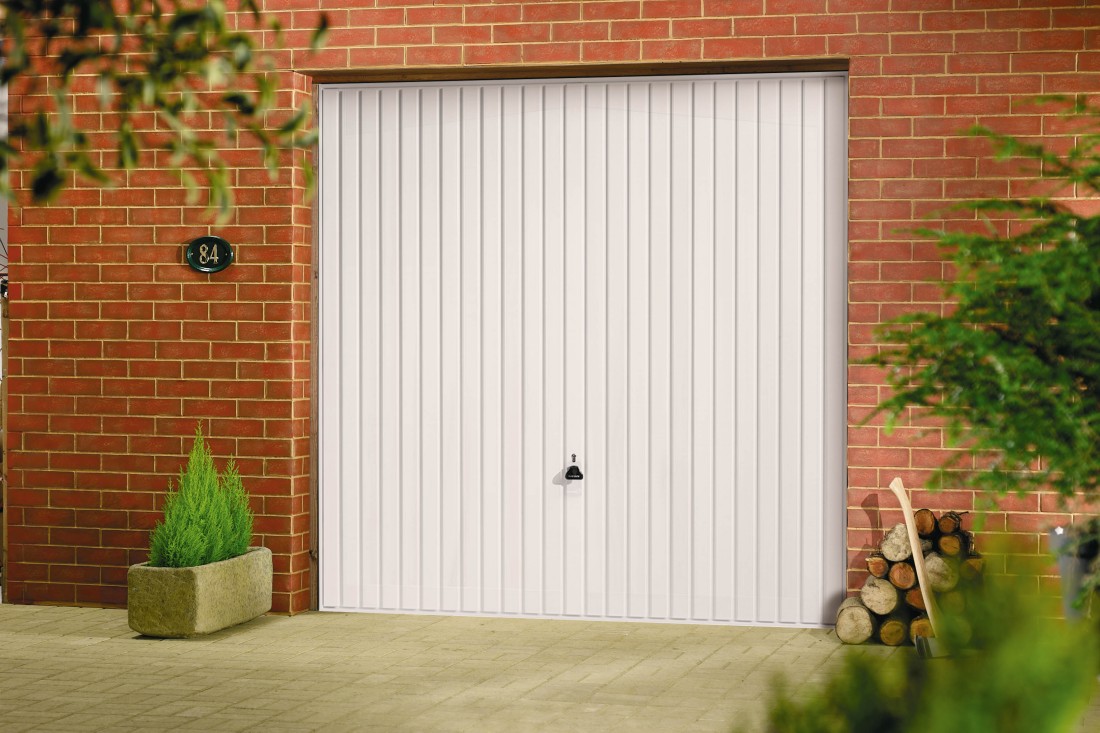Understanding the Energy Efficiency of Garage Doors
Understanding the Energy Efficiency of Garage Doors
Blog Article

Energy efficiency is a crucial consideration for homeowners looking to reduce their utility bills and minimize their environmental impact. One often-overlooked component of a home’s energy efficiency is the garage door. Given that garage doors can account for a significant portion of a home’s energy loss, understanding how to achieve garage door energy savings can lead to both financial and environmental benefits. This article will explore the energy efficiency of garage doors, insulation options, and the impact of smart garage door openers on energy savings.
Understanding the Energy Efficiency of Garage Doors
Garage doors come in various materials and styles, each with its own energy efficiency characteristics. Generally, the energy efficiency of a garage door is measured by its R-value, which indicates how well the door resists heat transfer. A higher R-value means better insulation and less energy loss, making it an important factor to consider when selecting a garage door. Common materials include steel, wood, and fiberglass, with steel often providing the best energy efficiency when properly insulated.
When evaluating garage doors, it’s essential to look for models that are specifically designed for energy efficiency. Many manufacturers provide energy ratings or certifications that can help homeowners identify options with lower energy loss. By choosing an energy-efficient garage door, homeowners can significantly reduce their heating and cooling costs throughout the year.
Insulation Options for Garage Doors
Insulation is a key factor in achieving garage door energy savings. Properly insulated garage doors can help maintain a consistent temperature in both the garage and adjoining living spaces, reducing the overall energy demands of the home. There are several insulation options available for garage doors:
- Polystyrene Insulation: This rigid foam insulation is often used in pre-manufactured insulated doors. It provides excellent thermal resistance and is lightweight, making it a popular choice.
- Polyurethane Insulation: Known for its superior insulating properties, polyurethane is denser than polystyrene and offers better energy efficiency. It is often found in higher-end insulated doors.
- Radiant Barrier Insulation: This type of insulation reflects heat away from the garage, making it effective in warmer climates. It can be combined with other insulation types for enhanced energy savings.
Homeowners considering insulation options should also think about the door's seals and weather stripping. Proper sealing around the door frame helps prevent drafts and further contributes to energy efficiency. Ensuring that the garage door closes tightly and is well-maintained can lead to significant improvements in energy loss reduction.
Smart Garage Door Openers and Their Impact on Energy Savings
In addition to choosing an energy-efficient garage door, homeowners can also leverage modern technology to enhance their garage's energy performance. Smart garage door openers offer convenience and can contribute to garage door energy savings by allowing homeowners to monitor and control their garage doors remotely. This feature can prevent unnecessary energy loss by ensuring that the door is closed when not in use.
Some smart garage door openers come equipped with features that can improve energy efficiency, such as automatic closing timers or alerts that notify homeowners if the door is left open. Additionally, these devices can be integrated with home automation systems, allowing for better overall energy management within the home.
Actionable Tips for Homeowners
To assess and improve your garage door's energy efficiency, consider the following tips:
- Check the R-value of your current garage door and consider upgrading to a higher-rated model if needed.
- Inspect the seals and weather stripping around your garage door for any gaps or wear. Replace them as necessary to prevent drafts.
- Consider adding insulation to your existing garage door if it is not insulated. Kits are available for retrofitting.
- Invest in a smart garage door opener to enhance convenience and improve energy management.
- Regularly maintain your garage door to ensure it operates efficiently and effectively.
In conclusion, focusing on garage door energy savings is an effective way for homeowners to enhance their overall energy efficiency. By understanding the energy efficiency of garage doors, exploring insulation options, and utilizing smart technology, homeowners can make informed decisions that lead to significant savings and a more comfortable living environment. For more information on energy-efficient garage doors and solutions, visit Goldie Garage Doors.
Report this page